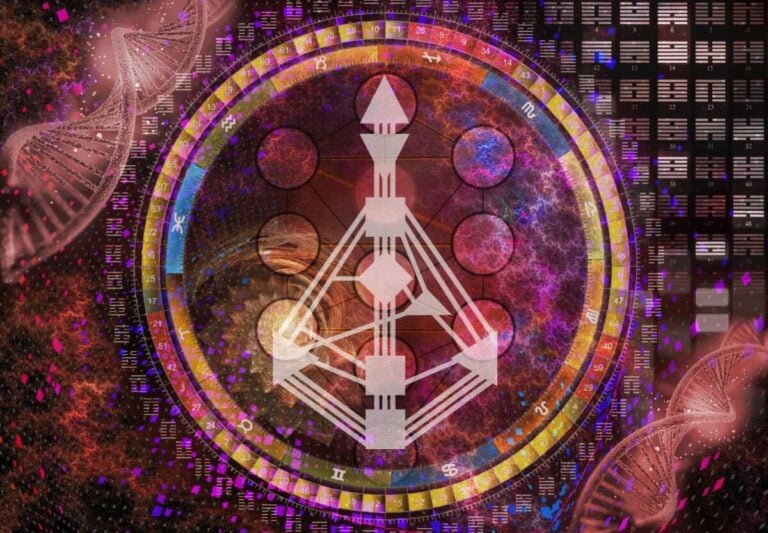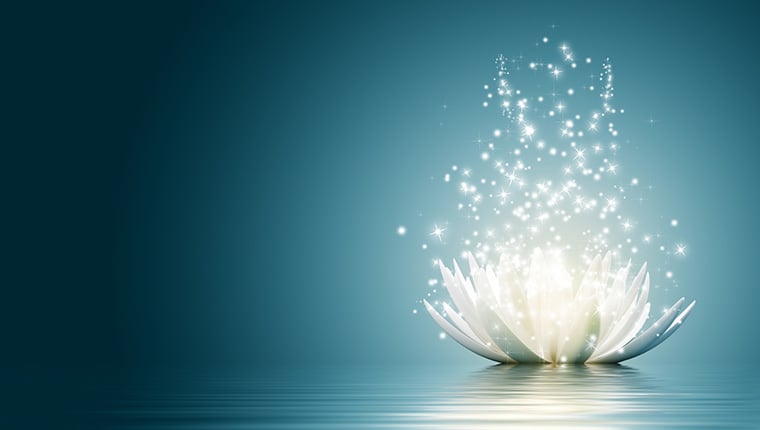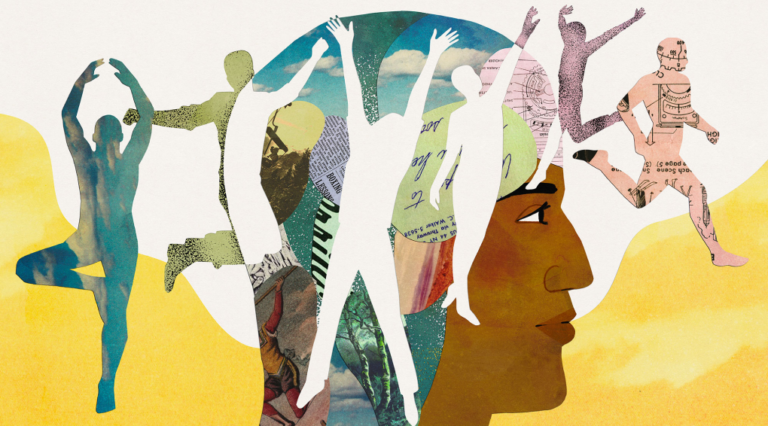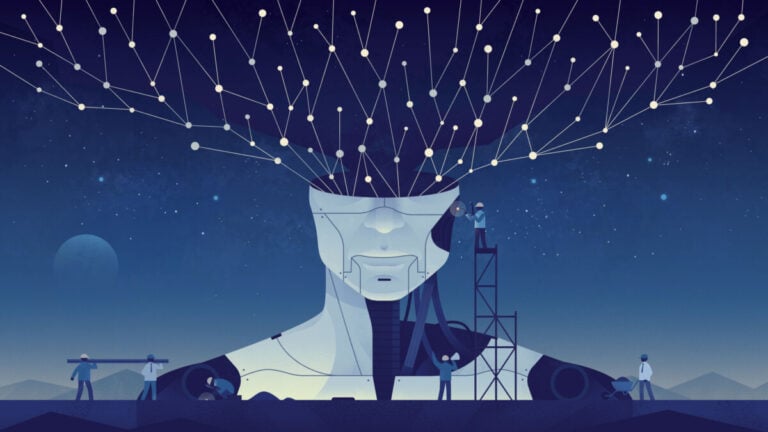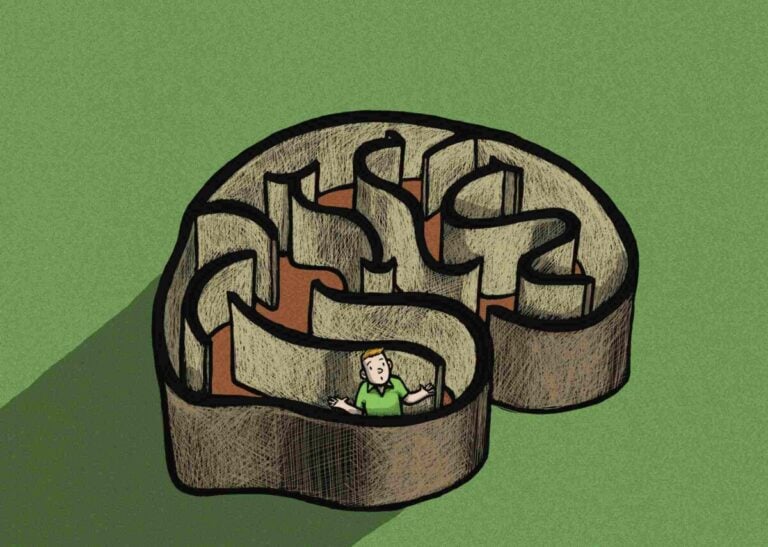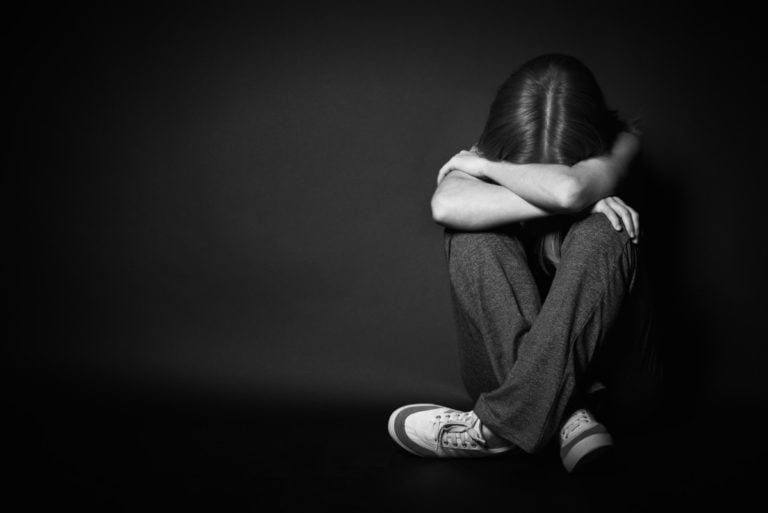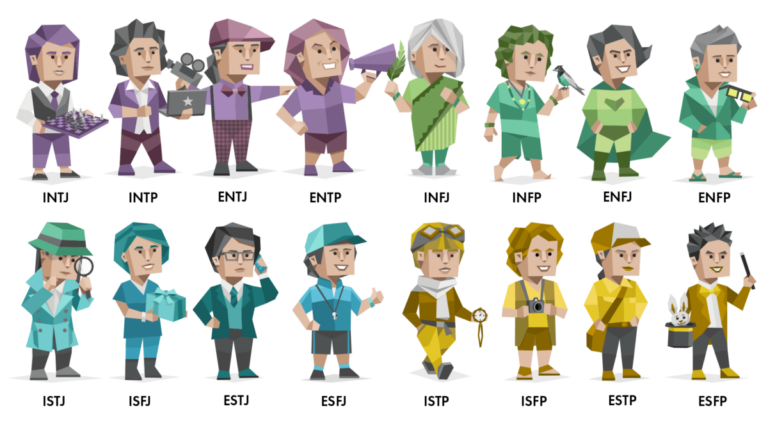Sleep deprivation is a lack of sleep, which is associated with the inability to satisfy one of the basic physiological needs of a person.
Despite the fact that sleep is perceived as the rest of the body, during it there are many restorative and building processes. During sleep, blood pressure drops, body temperature drops, and we breathe more slowly. The reaction to stimuli emanating from the external environment is reduced. The generated energy ensures the maintenance of the necessary autonomous life processes.
Sleep deprivation causes constant irritation of the central nervous system and improper regeneration of tissues and organs. The consequences of lack of sleep, which are perceived as severe fatigue, cause a decrease in psychophysical preparation the next day, a person is less active and has difficulty concentrating.
Basic phases of sleep
Non-rapid eye movement (NREM) phase
Deep sleep, during which slow eye movements are noted. This is the first phase of sleep, which usually lasts up to 100 minutes. The non-REM sleep phase is divided into four stages, which lead to sound and deep sleep. At the first stage, with closed eyes, incoherent thoughts arise. Decreased sensitivity to external stimuli. EEG testing shows slower eye movement, appearance of theta waves and disappearance of alpha waves.
At the second stage, sensitivity to external stimuli worsens and the eyeballs stop moving. Despite the lack of awareness, awakening can be quick. The third stage is the transition to deep sleep, and according to the EEG recording, delta waves appear in the brain. The last, fourth stage of the phase of non-REM sleep is called the slow wave, during which images appear, body movements or sleepwalking occur. The fourth stage enters the REM phase.
REM (rapid eye movement) phase
Light sleep, rapid eye movement. During this phase, which lasts about 15 minutes, dreams occur due to high brain activity. Compared to the NREM phase, breathing is faster and less regular, and the heart rate increases, which proves that the heart muscle is working harder. Episodes of REM sleep usually last from 5 to 30 minutes, alternating cycles with non-REM sleep. Excessive daytime sleepiness caused by bouts of REM sleep is a medical condition called narcolepsy.
For a full recovery, an adult needs 4 to 6 complete sleep cycles.
Types of sleep disorders
Sleep deprivation is a pathological condition that can have serious health consequences or be the result of diseases and factors that cause problems with falling asleep and the correct course of certain phases of sleep.
In a healthy adult, sleep is one-third of the day, so it can be concluded that we sleep about 30% of our lives. The symptoms of sleep deprivation and the consequences of sleep deprivation will have a direct negative impact on the performance of daily activities. Even one sleepless night, that is, the lack of sleep for 24 hours, will prevent the body from functioning normally. The psychomotor effects of a sleepless night are comparable to the state of the body after drinking alcohol. There are cognitive impairments, decreased ability to study and work, excessive daytime sleepiness, increased appetite, and a general weakening of psychophysical potential.
The following forms of sleep disorders have been identified:
- insomnia – difficulty falling asleep and maintaining certain stages of sleep;
- parasomnia – dysfunctional sleep associated with the occurrence of disturbances during sleep or during wakefulness, for example, nightmares, sleepwalking, bruxism (abnormal tooth friction)
- hypersomnia – excessive sleepiness;
- dyssominia is an abnormal time of sleep and wakefulness associated with a violation of the biological circadian rhythm.
Sleep deprivation in adolescents
Lack of sleep affects the emotional perception and objective perception of reality. Lack of sleep or frequent awakenings at night, in addition to excessive daytime sleepiness, have consequences in the form of a bad mood, up to depression. The behavioral impact of sleep deprivation is perceived by the external environment as an anti-social attitude, and people avoid contact with the environment and show a decline in social functions.
Sleep disorders in adolescents are very common. This is due to easy access to technology – computers, tablets, smartphones connected to the Internet. Teenagers and children, who partly live in the virtual world of computer games, cannot separate themselves from unreal experiences and go to bed on time. In addition, the blue light emitted by device monitors stimulates the secretion of dopamine, which is a neurotransmitter that activates the reward system. In this situation, we can talk about addiction to electronic devices. This condition causes a change in the circadian rhythm, which leads to chronic sleep deprivation.
Primary sleep disorders
Sleep deprivation at night can herald the onset of serious illnesses that require extensive diagnosis and often specialized treatment. Ignoring persistent sleep deprivation and nighttime awakening has a number of health consequences.
There are conditions that can lead to different types of sleep disturbances. Primary sleep disorders include diseases such as obstructive sleep apnea, restless legs syndrome, or narcolepsy.
Sleep deprivation and obstructive sleep apnea
Sleep disturbances in the presence of obstructive sleep apnea syndrome are the result of improper functioning of the respiratory system. It is caused by upper airway obstruction and is characterized by loud snoring while resting at night, shallow breathing, and pauses in breathing. Worsening of symptoms is caused by severe fatigue of the body, excessive drinking of alcohol or taking sleeping pills.
There is also frequent waking, feeling restless and unable to breathe. The level of stress that accompanies disorientation after a sudden awakening in many cases causes problems with falling asleep again. Sleep deprivation causes the patient to become upset, and insufficient regeneration causes a feeling of constant fatigue and excessive sleepiness during the day.
It should be emphasized that obstructive sleep apnea syndrome is an extremely dangerous disease that leads to insufficient oxygenation of the body due to an incorrect gas exchange process. In addition, lack of sleep affects coordination disorders and cognitive impairment. This disease most often occurs in patients with obesity, so weight loss will be the basis for the gradual relief of symptoms.
Lack of sleep and narcolepsy
Narcolepsy is a disease that is caused by damage to nerve cells. This is a sleep disorder of unknown etiology that is relatively rare. One hypothesis is that the development of narcolepsy is caused by a mutation in the gene encoding the HLA antigen on chromosome 6. With reduced immunity or a malfunction of the immune system, the appearance of a pathogenic factor, such as a virus, can initiate an autoimmune process against one’s own neurons. The production of the protein hypocretin, which is involved in the regulation of certain stages of sleep, is disrupted.
This condition is characterized by excessive daytime sleepiness and a sudden loss of muscle tone, called cataplexy. In addition, the patient may suffer from sleep deprivation caused by REM sleep disorder accompanied by hallucinations and hallucinations. Sleep paralysis, which is also one of the symptoms of narcolepsy, mainly affects children and adolescents when there is an additional burning sensation in the eyes or the patient has episodes of double vision.
Established narcolepsy reduces comfort and quality of life, professional and social activity. Narcolepsy is treated symptomatically, pharmacotherapy is selected by the doctor individually. An important element of therapy is taking care of the circadian rhythm of sleep and wakefulness.
Lack of sleep and restless leg syndrome
Restless legs syndrome is a condition that can cause sleep disturbance. While the cause of this disease is not exactly established, but most studies point to violations of the dopamine and opioid systems. A secondary cause of RLS may be micronutrient deficiencies, including iron and magnesium, and medications that cause symptoms such as a strong need to move the lower extremities.
Symptoms that occur in the evening cause problems with falling asleep, and sleep deprivation and full night regeneration cause a number of psychophysical symptoms that make daily functioning impossible. Chronic fatigue and excessive daytime sleepiness can contribute to the development of depression and other mental disorders.
Consequences of sleep deprivation
Sleep deprivation symptoms:
- excessive daytime sleepiness;
- impaired concentration;
- depression;
- increased feelings of negative emotions;
- decrease in learning ability and memory;
- deterioration of reflection and susceptibility;
- muscle tremor (arms, eyelids);
- muscle cramps;
- problems with body coordination;
- Increased sensitivity to pain.
Sleep deprivation can lead to a decrease in the body’s immunity, making it more susceptible to viral, bacterial, and fungal infections. In turn, improper regeneration disrupts the endocrine system. Lack of sleep can affect glucose metabolism, reduce insulin sensitivity, leading to metabolic diseases such as insulin resistance and type 2 diabetes.
Sleep deprivation is often the underlying cause of mental illness due to accompanying symptoms such as anxiety or depressed mood. Dysfunction caused by sleep deprivation causes severe stress, disturbances in the perception of reality and an inability to adapt to a changing external environment.


